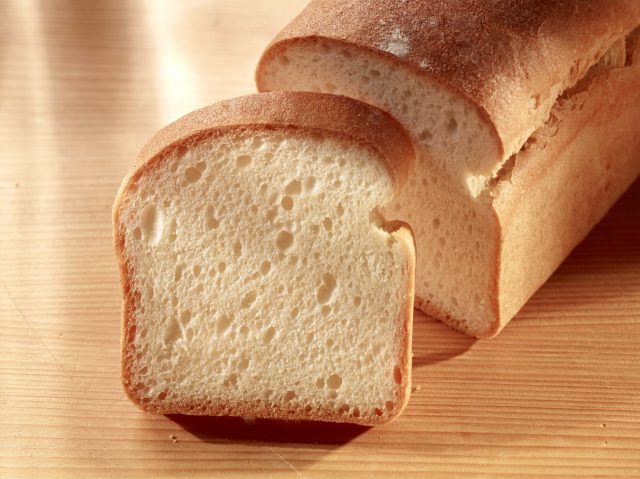The US FDA has approved a petition submitted by Ingredion, resulting in a qualified health claim that will enable food manufacturers to communicate the relationship between high-amylose maize resistant starch and a reduced risk of Type 2 diabetes on the packages of conventional foods.
In reviewing Ingredion’s petition, the FDA concluded that there was scientific evidence for a qualified health claim for high-amylose maize resistant starch and reduced risk of Type 2 diabetes, while ensuring the claim was appropriately worded so as not to be misleading:
· High-amylose maize resistant starch may reduce the risk of Type 2 diabetes. FDA has concluded that there is limited scientific evidence for this claim.
· High-amylose maize resistant starch, a type of fiber, may reduce the risk of Type 2 diabetes. FDA has concluded that there is limited scientific evidence for this claim.
These claims can be used on the packaging of conventional foods, as defined by 21 CFR 101.14.
Such products include bakery items, nutrition bars, cereals and pastas among others.
The qualified health claim petition was based on eight clinical trials conducted at academic institutions and research organizations, which assessed the impact of Hi-Maize high-amylose maize resistant starch on insulin sensitivity and other biomarkers.
Hi-Maize resistant starch is a type of dietary fiber derived from a variety of corn that is high in amylose starch.
It is a white powder with a mild taste that is easily incorporated into everyday foods.










